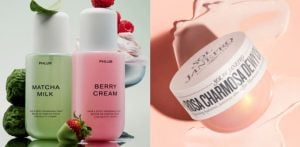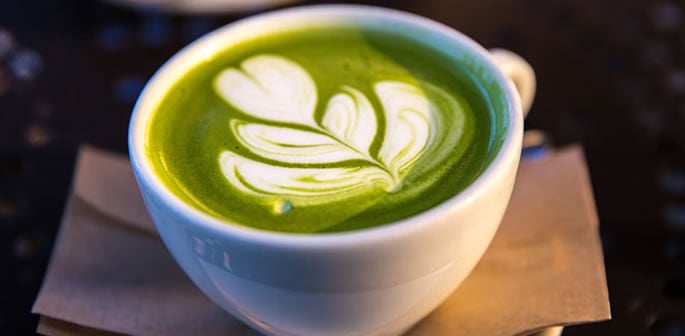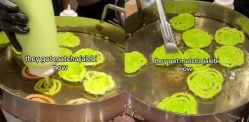"drink it with caution.”
In many cafes across the UK, matcha drinks are a staple on menus.
Gen Z and millennials across Britain are swapping their morning coffees for vibrant green lattes, proudly posting their cups online.
The drink, hailed as a cleaner energy boost, fits neatly into the wellness-obsessed lifestyle younger people are embracing.
Matcha is also being incorporated into various other foods.
But behind the glossy images, some users are now reporting hospital visits after “drinking too much matcha”.
One viral TikTok saw a nurse from Maryland claim that just two matcha lattes a week left her with an iron deficiency so severe she was hospitalised.
While her case drew headlines, experts stress that most of those affected already had lower-than-usual iron levels before introducing matcha.
Still, the question remains: can the drink so loved for its antioxidants actually harm our health?
How Matcha Affects Iron
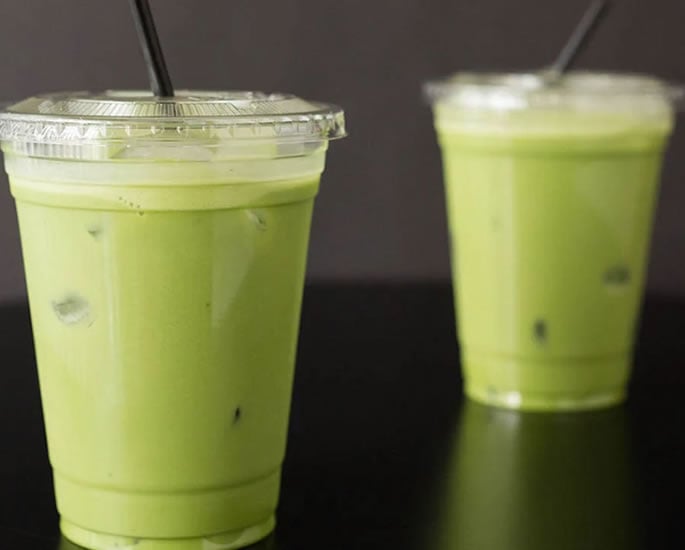
Matcha is made from finely ground green tea leaves. Its high antioxidant content is one of the reasons it has become so popular.
These antioxidants, particularly catechins, are praised for their anti-inflammatory effects and cancer-protective properties. Yet they also come with a catch.
Dr Magali Chohan, senior lecturer in nutrition at St Mary’s University, London, explained:
“These compounds can also bind to non-heme iron, the type found in plant foods, making it harder for the body to absorb.”
This matters because non-heme iron is the kind found in vegetables, lentils, pulses, and brown bread, key staples in many South Asian diets, especially for vegetarians and vegans.
If less of this iron is absorbed, overall levels in the body fall.
Low iron levels lead to fewer healthy red blood cells, which are vital for transporting oxygen.
Symptoms of iron deficiency anaemia include tiredness, palpitations, shortness of breath, headaches, dizziness, and skin that looks paler than usual.
Who Is Most at Risk?

Because matcha impacts plant-based iron, vegans and vegetarians are most vulnerable.
South Asians following meat-free diets, which are common for cultural or religious reasons, should take particular care.
Pregnant women, those who menstruate, babies, and people already diagnosed with anaemia are also more likely to be affected.
For others, particularly those who eat meat or fish, the risks are lower since animal-based iron is absorbed more easily.
Dr Chohan highlighted that awareness is key: “Anyone else already low in iron should also drink it with caution.”
This means those at risk need to balance the trend against their nutritional needs.
Can You Still Drink Matcha Safely?
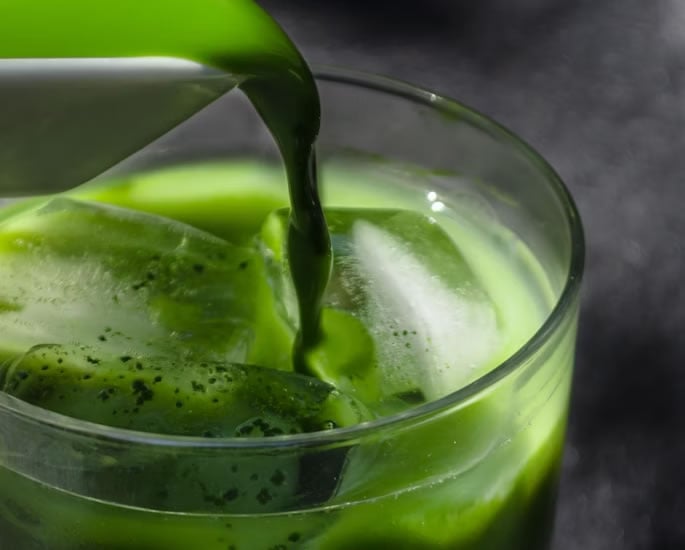
The good news is yes, but it requires moderation.
Dr Chohan stressed: “As with any trend, moderation is key.”
Drinking matcha in smaller amounts and avoiding it alongside iron-rich meals or supplements can reduce its impact.
Timing also matters. Drinking matcha between meals allows its effects on absorption to ease before iron is consumed.
Pairing plant-based iron sources with vitamin C, such as squeezing lemon over a salad, also boosts absorption.
Dr Chohan said: “It is advisable to avoid drinking matcha alongside iron-rich meals or supplements and increasing iron absorption by pairing plant-based iron with vitamin C, such as a squeeze of lemon on a salad. If in doubt, consult your GP.”
Matcha’s rise in popularity is no accident.
It looks good online, delivers a steady energy hit, and fits neatly into a health-conscious lifestyle. But for some, especially vegans, vegetarians, and those already low in iron, the hype hides real risks.
For British South Asians, where plant-based diets are widespread, the trend needs balancing with awareness.
Drinking matcha in moderation and being mindful of timing can help reduce its downsides without giving up the ritual altogether.
In the end, it’s not about ditching matcha. It’s about knowing your body, being aware of how it interacts with diet, and enjoying the drink wisely.



























